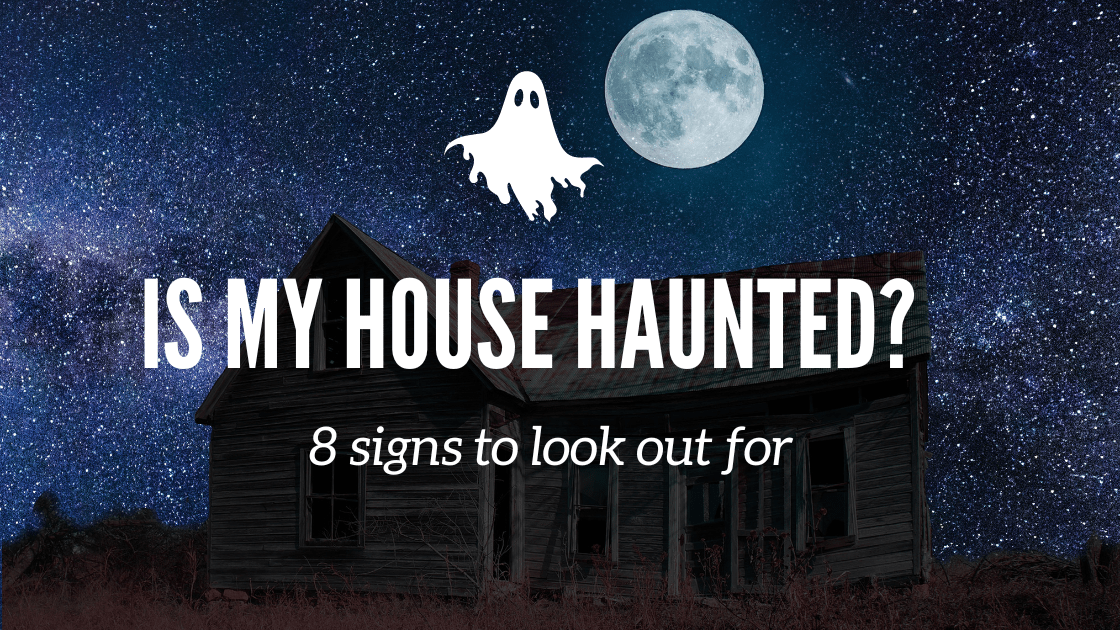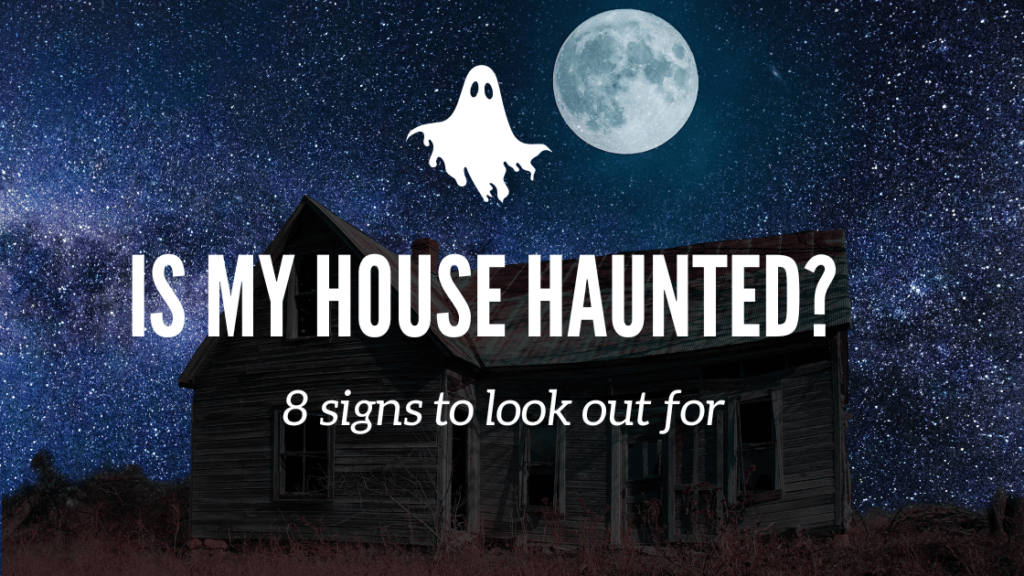
Bumps in the night. Strange noises in the recesses of your home. Items going missing or turning up in the most bizarre places. We’re all familiar with the tropes from horror films and ghost stories. They’re a fun way to spend a Friday night.
But it’s a lot less thrilling (or unbelievable) if it’s your house that could be haunted. Soon enough, calling your local exorcist doesn’t seem so crazy. What you would once have dismissed out of hand begins to gnaw at your mind. Is my house haunted?
Of course, some rational (and potentially deadly) explanations exist, from carbon monoxide poisoning to pests. (In one case, a man even hid in a house for several years unbeknownst to the residents). But, if you’ve exhausted all your other options, we’ve got the top signs your house could be haunted.
In this article:
- What Do We Mean By “Ghost”?
- What’s the Evidence?
- Is My House Haunted? 8 Signs to Look Out For
What Do We Mean By “Ghost”?
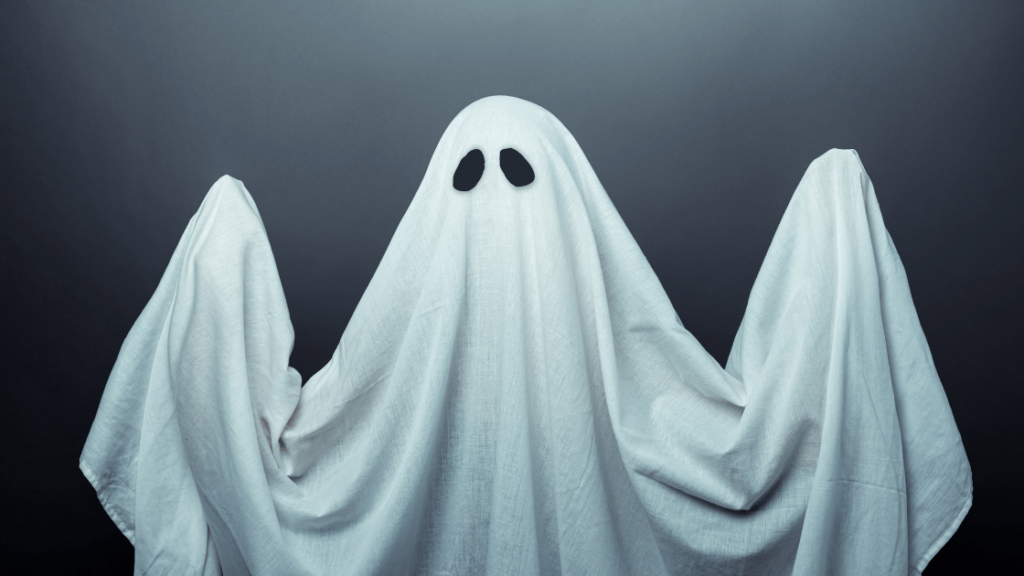
Much of the language we use for hauntings is loaded. The term “ghost” is no exception. It sparks ideas of people clad in white sheets – Casper-esque characters aimlessly wandering a home or causing mischief (think poltergeists). In some stories, these ethereal creatures turn malevolent, torturing families or individuals for years (even driving them from their homes).
What’s the truth? Well, that depends on who you ask. Ghosts, according to most paranormalists, see a few common threads:
- Ghosts tend to occupy places where people previously lived and are often associated with previous residents.
- Traumatic events could be a potential reason why some people leave behind ghosts while others don’t. Grief, in particular, is a potent emotion linked to ghosts.
- A ghost’s interactions with its environment tend to be limited. Ghosts often appear to walk through walls or defy normal physical limits. At the same time, they can produce sensory and physical phenomena, like knocking or moving objects.
What’s the Evidence?
The question is a complicated one. If the question is, do living people leave behind some remnant after dying? The answer is we don’t know. There’s no physical proof for the existence of ghosts that skeptics would find convincing.
However, in one interesting discovery, British engineer Vic Tandy identified a low-frequency sound below the level humans can hear (around 0.1 to 20 Hz) that leaves us feeling deeply uncomfortable or eerie.
Nonetheless, a 2019 poll found that 46% of Americans truly believe in ghosts – a later 2021 poll revealed that 20% of people had direct experience. Even among skeptics, we’ve all worked in places or “haunted houses” and felt a deep sense of disquiet or unease. The “atmosphere” is wrong. Only later do we learn of the horrific events that occurred in the building.
That raises another question (yes, this topic creates more questions than answers): does it really matter? If a building elicits such a strong sense of discontent or outright malice, what does it matter if we think it’s real or not? We want out, and we want out now.
Take Shakespeare’s famous play Hamlet. After witnessing a ghost, Hamlet’s words capture the limits of human understanding. “There are more things in heaven and earth, Horatio, than are dreamt of in your philosophy.”
Who knows what goes bump in the night?
Is My House Haunted? 8 Signs to Look Out For
Suspect your house could be haunted? Perhaps you’ve felt something you can’t explain or witnessed strange happenings. Whatever is going on, here are some cardinal signs of a haunted house:
1. Unexplained Noises

Can you hear strange, otherworldly noises as you lie awake in bed? Noises that your family or a pest couldn’t possibly cause. It could be footsteps, knocking, banging, or the sound of something being dropped.
Of course, people often dismiss these noises as vermin – raccoons in the chimney. But some homes see repeated visits from pest control, who say there are no signs any animal has entered the building.
Another factor, as discussed, is the frequency and type of sound. Low noises or bangs are a common sign of ghosts.
2. Cold Spots or Temperature Variations
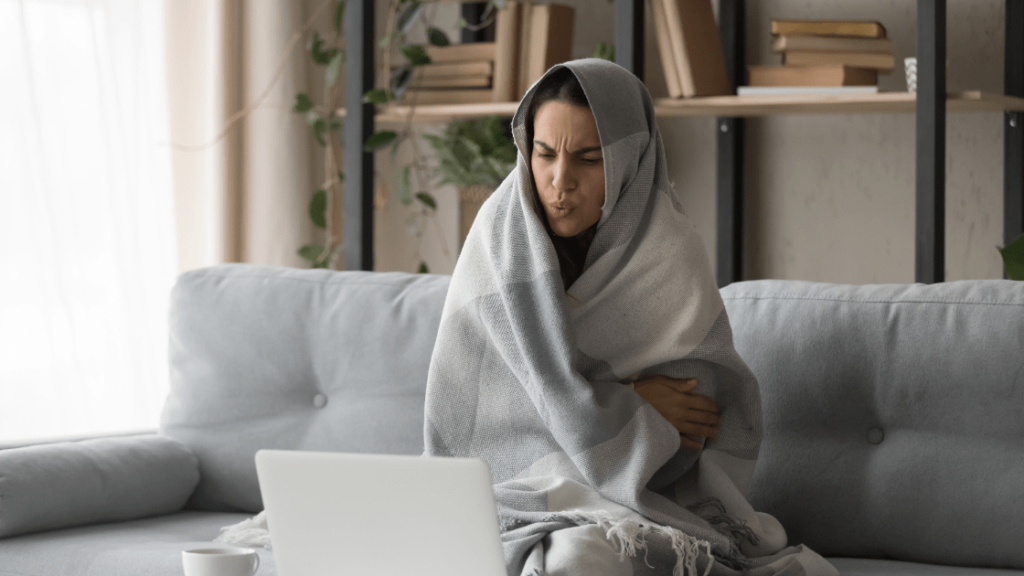
Your body is honed to detect the temperature in your environment. It’s a survival thing. In the wild, any sudden drops in temperature could lead to hypothermia. They send a “shiver down your spine.” That phrase has a reason: paranormal phenomena are closely linked to unusual temperature variations.
The most common (and eerie) example is the cold spot – an area in your home that’s very cold compared to the surrounding region. It’s a tell-tale sign of a ghost. Look for other potential causes like drafts. But, as was once said, “When you’ve eliminated the possible, whatever remains, no matter how impossible, is the cause.”
3. Doors, Cabinets, and Cupboard Opening and Closing
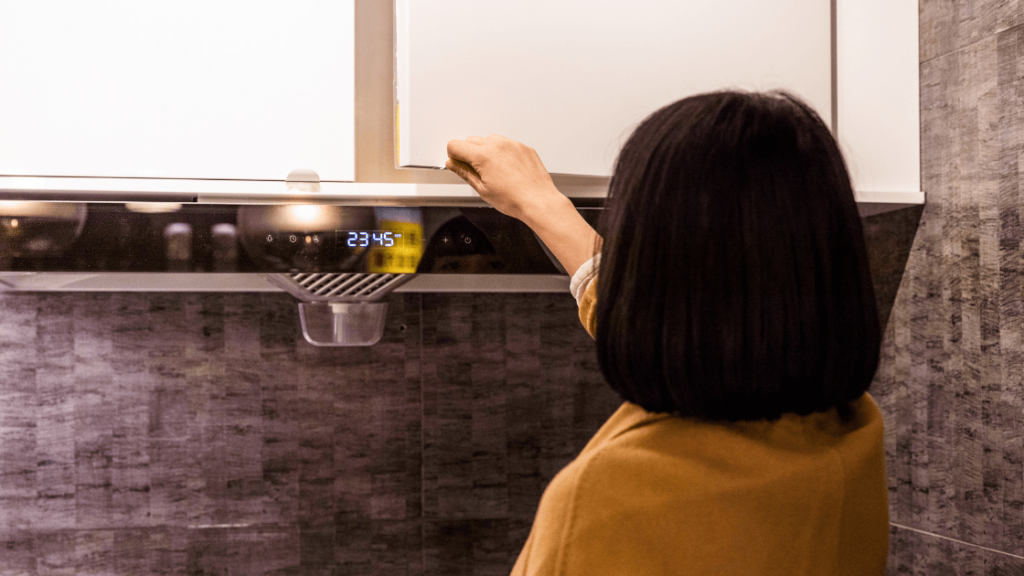
Objects don’t move on their own. There’s cause and effect. If billiard balls scatter over a table, we can conclude a player hit them. So, what then do we deduce when a door, cabinet, or cupboard opens or closes on its own? Even more disconcerting when it happens violently.
We’ve seen the effect – what’s the cause?
The answer, at least to most people, is a ghost. The same is true for any other physical phenomenon. Leave your glasses or coat in one place only to find it somewhere else entirely – somewhere you would never put it. You could have a poltergeist or another kind of ghost.
4. Lights Flickering or Phone Dying
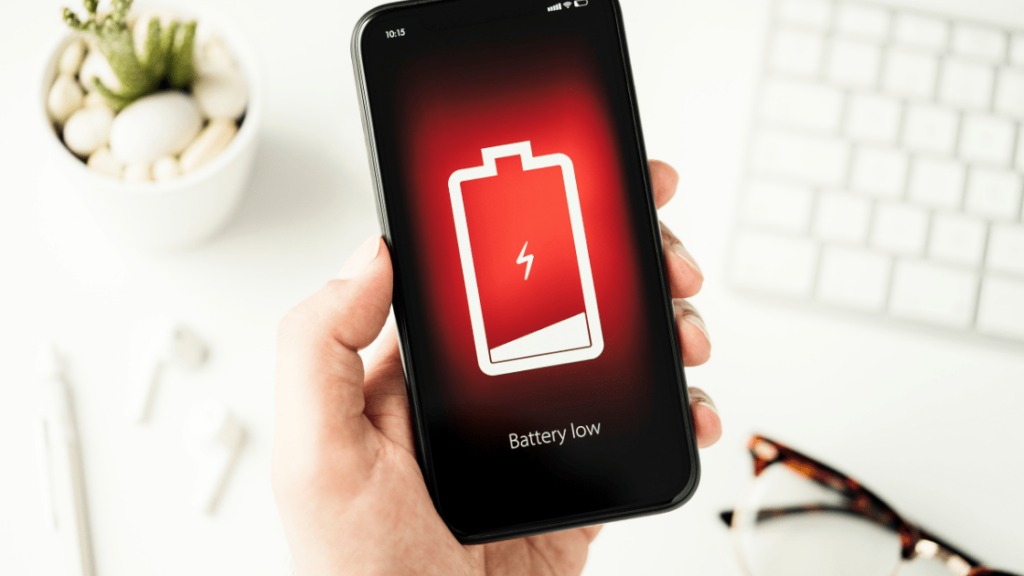
Ghosts aren’t separate from the modern world. In fact, electrical disturbances are one of the most common signs in a haunted house.
Batteries, replaced or charged only hours before, suddenly die inexplicably. Lights flicker on and off as the ghost seemingly tries to communicate through your circuitry. In extreme cases, light bulbs can explode when the phenomenon reaches its zenith. Such events defy explanation and strongly indicate that your house is haunted.
5. Unexplained Shadows
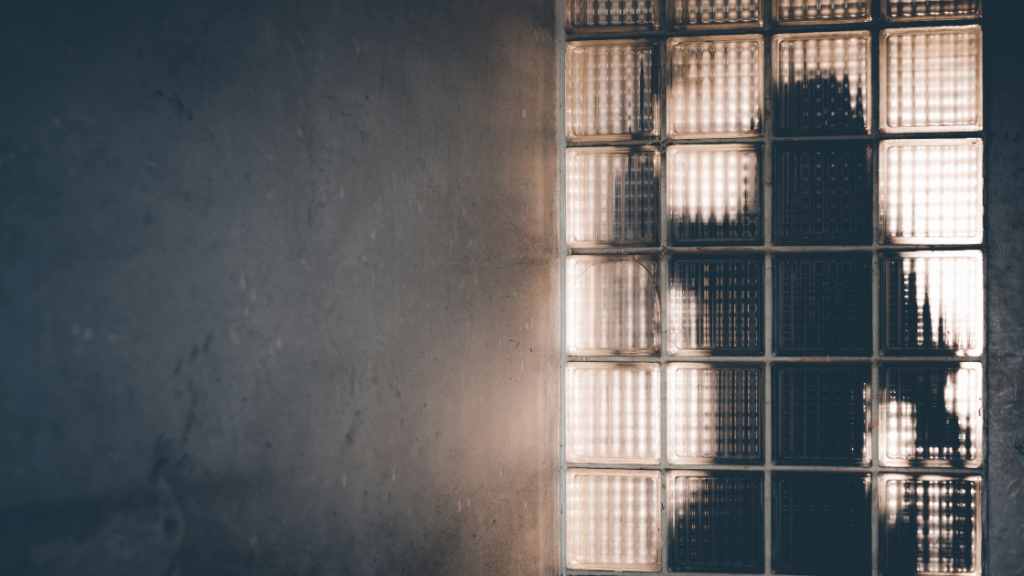
Like many of the other examples, signs of ghosts occur when a normal phenomenon becomes distorted. Shadows, as we learn as children, occur when an object blocks the light. But, if a shadow occurs when nothing is blocking the light, we can only conclude something – whatever it is – is in the way. That something is called a ghost.
One potential explanation is sleeping hallucinations. “Hypnagogia” (when we go to sleep) and “hypnopompia” (when we wake up) describe the hallucinations that occur when we transition between sleep and wakefulness and the normal straight lines of our consciousness blur. So-called “shadow people” are frequently described during this period.
6. Feelings of Being Watched

We’re evolutionarily designed with a sort of sixth sense – we can detect if we’re being watched. That helped our ancestors from being a lion’s lunch but might also help us detect ghosts.
It’s a frighteningly common sign. Some describe a ghost as standing right behind their head, that it’s watching them from a distance, or, worst of all, that it’s attached to a particular individual.
Suddenly, our gut, usually calm, fires. “Trust your gut instinct,” we say. It helped our ancestors survive; it’d be wise not to ignore it.
7. Strange Animal Behavior

Animals are renowned for their complicated sensory perception. Noises and smells beyond human comprehension are a piece of cake for dogs, cats, and other animals.
Dogs frequently begin to bark, cats scarper, and rodents turn frantic. Whatever the sign, listen and look to your animals for guidance. They’re your “canary in the coal mine.”
Unfortunately, animals aren’t the best barometers of the wacky and weird. So, take your pet’s reaction into consideration and hunt for other signs.
8. Physical Touch or Unusual Smells

Physical touch is unmistakable. The sensation of a hand on yours, being moved out of the way, or breathing on the back of your neck will convince even the most ardent skeptic that something is going on.
But it’s just one sensory problem – weird or unusual smells seemingly appear with ghosts. You hunt up and down for the source but to no avail.
Don’t take a weird smell at face (or nose) value. Ask others if they can smell it, too. One potential cause is Phantosmia – the medical name for smelling things that aren’t there. That’s right; your nose is hallucinating.
Sell Your Haunted House for a Fair Price
Do eerie noises, inexplicable shadows, or that unnerving feeling of being watched make your home feel more haunted than homely? Don’t let the stress of an unwanted or hard-to-sell property haunt you any longer.
Who you gonna call? That’s right – Pavel Buys Houses. As the premier cash home buyer in Massachusetts & Tampa, Florida, we’ll purchase your home in any condition for cash. Submit our form and receive a cash offer today.
With our straightforward process, you can quickly move on to a more peaceful abode. Don’t let ghostly concerns weigh you down – let Pavel Buys Houses lift the spirits from your real estate troubles today!
